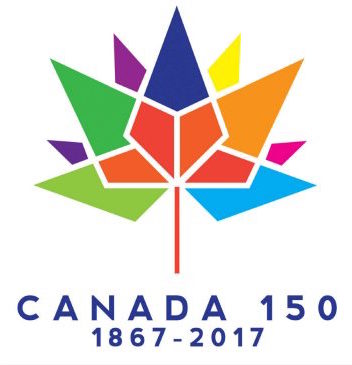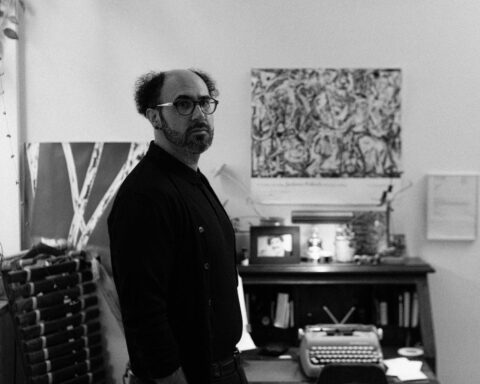Elly Bollegraaf, 76, moved to Canada in 1951 with her family after most of her relatives were wiped out in one of the world’s worst genocides. Her father died in the notorious Sobibor concentration camp in German-occupied Poland.
Now, just 70 years after the end of the Second World War, new efforts are being made to preserve the stories of Bollegraaf and her fellow Holocaust survivors.
Carleton University’s Zelikovitz Centre for Jewish Studies, in partnership with the Centre for Holocaust Education and Scholarship (CHES), have set up the Ottawa Holocaust Survivors project to preserve the stories and the testimonies of those who lived through the Holocaust.
“Its extremely important to document what we already have not documented for historical reasons,” Bollegraaf says.
“We want people to learn from their past mistakes and if we don’t document these things, people will soon forget that they ever happened,” she adds.
Purpose of the project
The Ottawa Holocaust Survivors Testimony project seeks to ensure that Holocaust survivors in Ottawa have their accounts before, during and after the Holocaust documented in short videos and audios as well as written records.
Mina Cohn, director of the Centre for Holocaust Education and Scholarship, says this project is very important not only for its historical significance, but for educational purposes.
“We decided to do this now because our survivors are aging, and because there are no replacements for their roles and positions, we decided to record them create short videos for presentations and research purposes,” Cohn says.
Most Holocaust survivors in Ottawa have been giving talks in schools and other places around the city since the ‘90s. Cohn says by sharing their experiences in schools, the stories of the survivors have become “an integrated part of history.”
New efforts are being made to preserve the stories of Bollegraaf and her fellow Holocaust survivors.
These videos will therefore attempt to give personal testimonies of survivors during the Holocaust when the survivors are no longer able to go to the schools to share their experiences.
“The future generation will hear from the survivors themselves rather than somebody else,” Cohn says.
The project will film up to ten Holocaust survivors based in Ottawa who will tell their unique stories. Carleton University, through its crowdfunding platform Future Funder, intended to raise $7,500 for the project. They have raised over nine thousand dollars for the project within two weeks.
Cohn says, “The extra money will help us create more educational materials for teachers, and we’re very pleased.”
Memories of the war
Bollegraff was sent into hiding by her mother at a very young age when Jews were being attacked in the Netherlands in a small town of Mechelen. She recalls how she was made a part of a family that took her in. All the children in the family were older than her and the youngest was nine years her senior.
“I hung around mainly with the mother of the family that hid me. I was mainly with her all the time,” she says.
Bollegraaf’s mother, Rhodea Shandler ,who died at the age of 88, wrote a book in 2007 chronicling her experiences of surviving the Holocaust and relocating to Canada.
Shandler’s parents were killed at the Auschwitz concentration camp in German-occupied Poland during the Holocaust.
“I hung around mainly with the mother of the family that hid me.”
She and her new husband moved to Canada when Bollegraaf was only nine years.
Bollegraaf says documenting testimonies is one of the surest ways of making people know how serious the Holocaust was. She says she and the other survivors are “living history objects as survivors of the war.”
Lessons from the past inform our present
Cohn says one lesson everybody must take from this project is the need to get involved. She says going forward, the youth especially has the arduous task of taking up challenges and roles of responsibility in order to affect decisions that are taken by people in authority.
“The younger generation is responsible for political elections, when something bad is happening they should be reacting,” she says.
“They should be involved in a way not to let things like the Holocaust happen again and not to be bystanders but active opposers to bad events,” Cohn adds.
Bollegraaf, a scientific evaluator of medical devices, says the system of admitting refugees from war torn countries has changed. She commends Canadian authorities for their efforts in admitting refugees.
“They should be involved in a way not to let things like the Holocaust happen again.”
In her mind, the world is more proactive today compared to the past when they watched people from other countries being persecuted. She says the developed world has learned a lot from mistakes of the past.
“When the Vietnamese boat people came in the ‘70s, 4,000 came to Ottawa alone,” Bollegraaf says.
She continues, “Why? Because, when Jews were not allowed anywhere in the world when the war was raging, they were all murdered.”
She says a lot more needs to be done and that economically developed countries need to take more responsibility when dealing with refugee crises in order to avoid the mistakes of the Holocaust.
International Storyteller. Freelance Writer. Graduate, Carleton University Journalism School.





